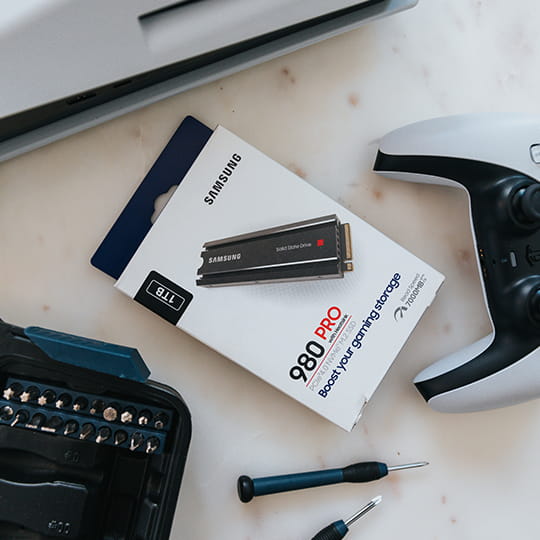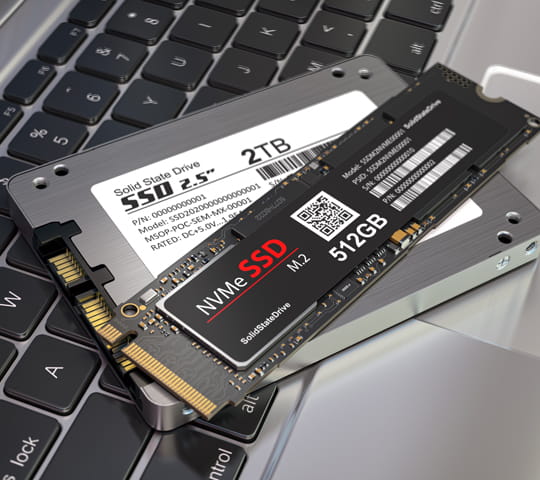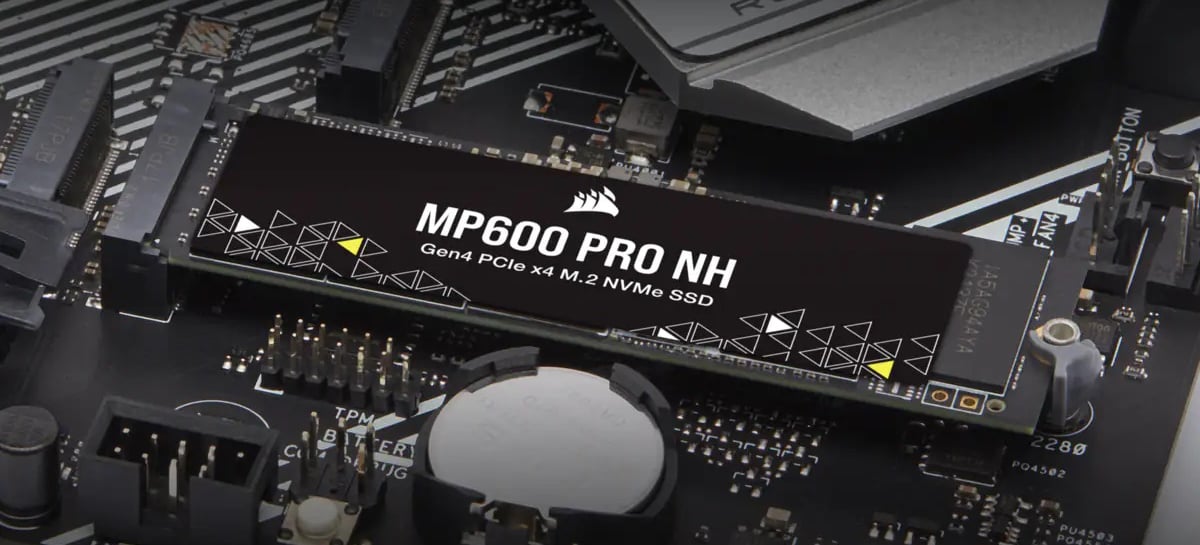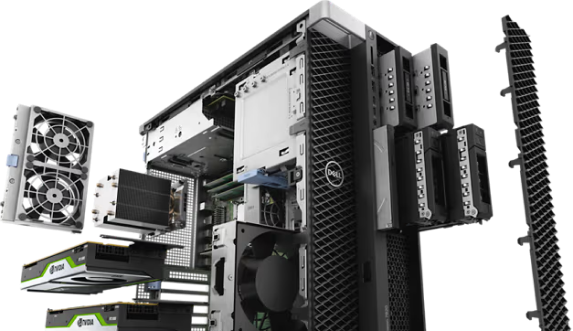SSD Drives vs HDD Drives
SSDs offer many advantages over HDD storage. First, they have a superior read/write speed, giving you faster system boots and application loading. There’s also no need for time-consuming disk defragmentation since the lack of moving parts makes them more reliable and less prone to mechanical errors.
Additionally, because of their small form factor and lack of noise production, they can save on electricity bills in the long term. Lastly, an internal SSD is worth considering if you want extra storage space or a better-performing PC.

Types of Internal SSD Drives
Internal SSDs come in different form factors, each with advantages and disadvantages.
SATA (Serial ATA)
SATA (Serial ATA) drives are the most common type of internal SSD and are typically cheaper than other formats. However, they’re limited to a maximum speed of 6Gbps and have lower storage capacities when compared to other types.
M.2
M.2 drives offer higher speeds of up to 10Gbps but are more expensive than their SATA counterparts. They’re also smaller, making them more suitable for laptops
NVMe
NVMe (Non-Volatile Memory Express) drives are the fastest type of internal SSDs with up to 32Gbps. They’re more expensive and tend to be bigger, making them better suited for desktop PCs.
PCI Express
PCIe (Peripheral Component Interconnect Express) drives are the fastest type of internal SSD, thanks to their ultra-fast speeds of up to 32Gbps. However, they’re usually limited to high-end desktops since their higher cost makes them less suitable for regular PCs or laptops.

Factors to Consider When Choosing an SSD
When shopping for an internal SSD, there are certain factors you should consider before making a decision. First, check your system compatibility to ensure the drive you purchase is compatible with your hardware.
Depending on the tasks you’ll perform with your PC (gaming, video editing, etc.), some drives may offer better performance benefits than others. Finally, read reviews and do your research so that you can find the best value for your money.
Shop Smart with Inside Tech
Internal SSD drives offer performance, reliability and convenience that traditional hard disks simply can’t match. Whether you’re a gamer looking for faster loading times or a creative professional needing storage space, an internal SSD is worth considering. Check your system compatibility and consider the different form factors before purchasing.
Inside Tech offers a selection of internal SSDs from leading brands so you can shop with confidence. Explore our products today, and give your computer the performance boost it needs.

Frequently Asked Questions
How durable are internal SSD drives?
Internal SSDs are more reliable than traditional hard disk drives since they don’t contain any moving parts. They also produce less heat and consume less power, making them better suited for long-term use.
What is the lifespan of an internal SSD?
The lifespan of internal SSDs depends on usage but can range from 3 to 5 years or even longer. However, this doesn’t mean it will fail after that period, as most drives offer a much longer life expectancy if used properly.
Are there any compatibility issues with my system when using an SSD?
It is important to check your system compatibility when installing an internal SSD. Different drives support different form factors.
Additionally, some motherboards may only accept certain types of drives, so read up on reviews or contact the manufacturer for more information.

